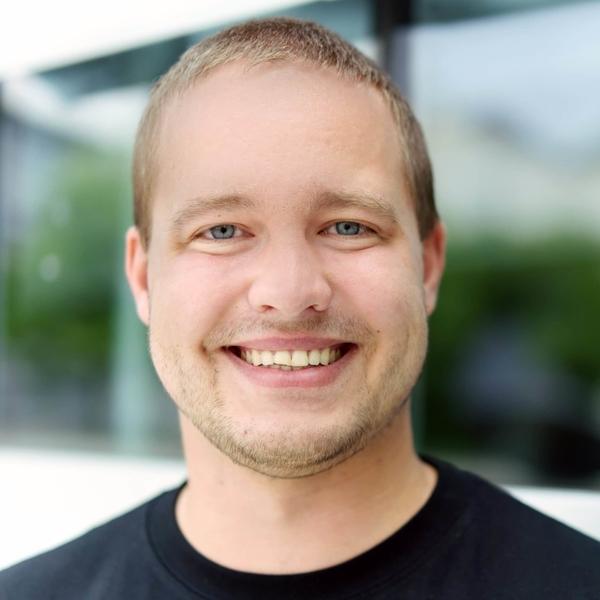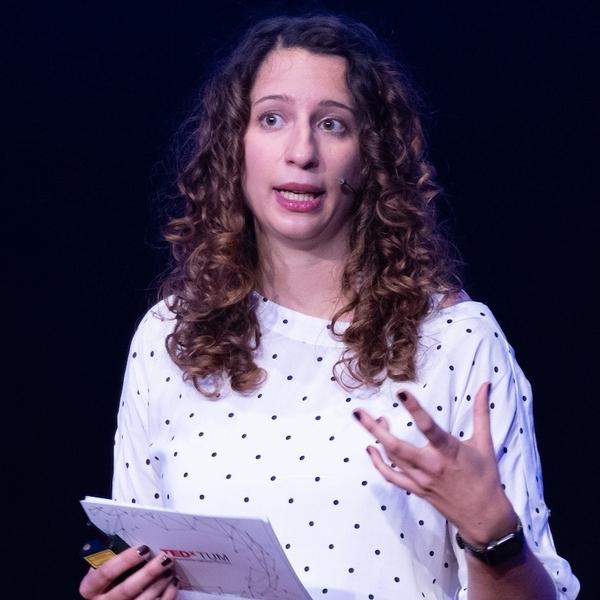Alexandra Wander
Solving these problems inspires Alexandra Wander, a space engineer, AI researcher and winner of the Amelia Earhart Fellowship from Zonta International. She envisions a future in which not only the ground systems and procedures, but also those on board spacecraft are intelligent and more sophisticated. A future in which this intelligence will make operating spacecraft easier, intuitive and more efficient while at the same time, rightfully expired satellites would be disposed of properly.
Laura Bok
As a neuroscientist and pain researcher, Laura's thoughts revolve around pain in the human brain – a lot. After graduating in Psychology from the Ruhr-University Bochum, Laura completed her Ph.D. at the Technical University of Munich and continued her work in the PainLabMunich as a PostDoc. Laura also works at TUM’s university hospital Klinikum Rechts der Isar to conduct neuropsychological evaluations and has recently finished her training as a behavioral therapist.
Lutz Kettler
Lutz Kettler is a postdoc at the Chair of Zoology at the Technical University of Munich, where he studies the brain’s sensory systems by researching how different species perceive sound. Specifically, Lutz studies the neural processing of Interaural Time Difference (ITD), which is the lag in time between the arrival of a sound at both ears. Because of the time delay, we are able to locate sound sources with a resolution of less than 5 degrees in space - this is what allows a predator to hunt, or a human to understand a specific voice in a noisy crowd.
Patrick Grossmann
After studying bioinformatics, data science, and genome research at various institutes including Harvard Medical School and ETH Zurich, Patrick Grossmann is looking toward the future and he wants to see something better. So he’s creating it. An entrepreneur as well as a scientist, Patrick understands that no innovation can grow from a corporate atmosphere, which is what led to the founding of his biotechnology company, Invitris. Patrick’s work involves creating synthetic material which fights against these treatment-resistant illnesses; in effect, staving off a massive wave of preventable deaths.
Veronica Bessone
Veronica Bessone has a degree in Biomedical Engineering from the Polytechnic University of Turin (Italy) and obtained her PhD in Sport Biomechanics at the Technical University of Munich where she was part of an interdisciplinary team focusing on the modelling, simulation and optimization of a ski jump.

